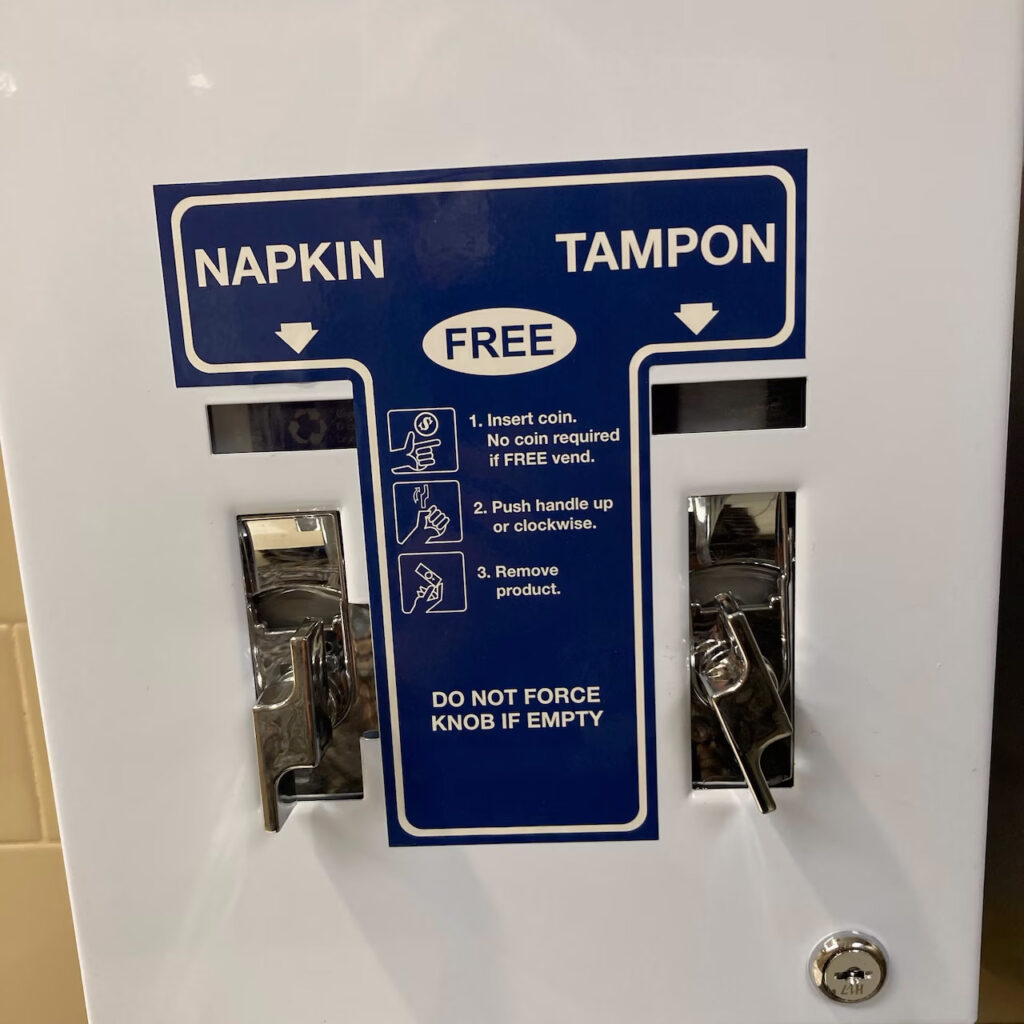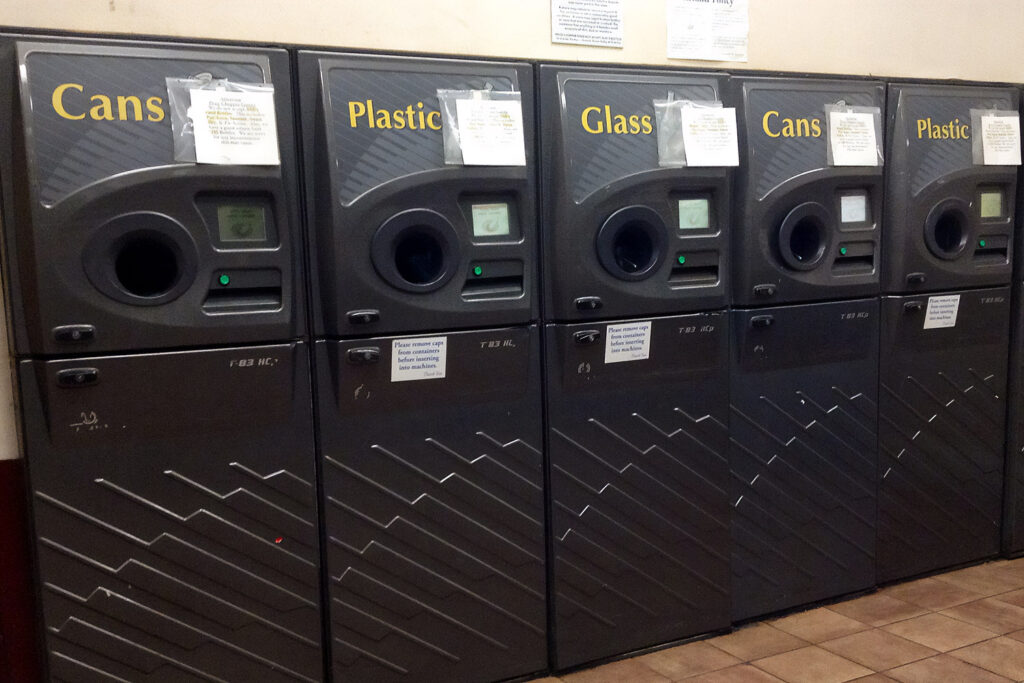Ever wonder what happens to your hard-earned tax dollars? If so, you might want to pour yourself a stiff drink before reading further.
In a recent Ingham County Board of Commissioners meeting, the county’s Office of Diversity, Equity, and Inclusion, its Equal Opportunity Committee, and its Women’s Commission proposed a new expenditure: free menstrual products in all public restrooms, including men’s facilities.
I would be shocked to find a single man in the state who is banging on their government representatives’ doors demanding access to free tampons. But Ingham County’s DEI racket wants to give them tampons anyway—not because men need them, but because it would be discriminatory to assume otherwise. Don’t you know there are men who aren’t actually men!
We used to call those people women, but now they’re just “menstruating individuals,” according to the Ingham County proposal.
The county estimates the proposal will cost up to $32,000. Of course, that number could—and probably will—go up with time, as the proposal itself acknowledges. Ongoing costs will be “determined and adjusted based on utilization,” it says.
That’s also money the county doesn’t have. By its own admission, Ingham County is facing a serious budget “shortfall.” As a result, county commissioners unanimously voted in September to implement a hiring freeze, which will pause “the creation of new positions, and filling positions that are currently vacant or will become vacant in the future” until Dec. 31, 2025.
County Commissioner Monica Schafer tried to raise this point during a recent meeting and was shut down.
“I think we have our wants and we have our needs,” Schafer told her colleagues. “The point is, is that $32,000 for the cost for this—is this a want or a need? And I say that it’s more of a want instead of a need, especially when we have some financial responsibilities with the taxpayer money.”

Schafer also pressed her colleagues on why the free menstrual products needed to be made available in men’s restrooms, pointing out that the proposal’s costs could probably be cut down if it was limited to women’s and gender-neutral restrooms.
The board’s chairman, Ryan Sebolt, snapped back that he wouldn’t tolerate Schafer’s criticisms any longer.
“Whether you necessarily agree with it or not, making sure that everybody who needs access to these products has access to these products when they’re in our building is important. It’s frustrating that I am sitting here as a cisgender man having to argue with a cisgender woman about whether people can get access to hygiene products. My brain wants to just explode… It’s just so transparently discriminatory,” he claimed.
When Schafer asked her colleague to take the emotion out of the debate and remember that the County Board of Commissioners’ primary responsibility is not to push a social agenda, but to wisely steward the county’s finances, his reaction was more of the same.
“It just doesn’t amount to much money,” Mark Grebner, another Democrat county commissioner, replied. “So it just, it’s the sort of thing that is smaller than the county normally argues about. I would say that as a practical matter, it’s just not that important. It’s only important as an emotional matter. And I think we can all be emotional about it if we want.”
But Schafer was right. If the proposal was really just about making sure the people who need them get access to menstrual products, why waste resources by putting them in men’s restrooms?
As Schafer sees it, the board’s Democratic commissioners, who make up a supermajority on the board, were so focused on virtue-signaling that they lost sight of what the county’s priorities ought to be. There is also immense pressure to conform when it comes to social issues like these, she said. After all, who wants to have to go against a proposal that claims it will “ensure every person is treated with respect and dignity”?
Schafer will—because she knows the proposal runs counter to her constituents’ values and financial interests.
“We’re at a point where we just had an election, the people spoke, Michigan went red. And in my district, a rural district, when I’m out knocking doors, this is not something people want their money spent on or their commission focused on,” she told Michigan Enjoyer.
Schafer, who describes herself as a “mom of six on a raspberry patch,” said she’s also trying to stand up for common sense.
“I am not discriminatory,” she said. “I can’t let that shut me down. I have a job to do. And I’m not going to be an effective commissioner if every time I’m insulted or told I’m discriminating, I let them silence me.”
She added, “I can’t shut down for the people I represent. I am there to work for them. One way or the other, I will always come to the table and give 150% as a commissioner. But I will not compromise on issues I know we need common sense on.”
If only all of Michigan’s elected officials valued the state’s taxpayers the same way.
Kaylee McGhee White is the Restoring America editor for the Washington Examiner, a Tony Blankley fellow for the Steamboat Institute, and a senior fellow for the Independent Women’s Forum. She grew up in Metro Detroit and graduated from Hillsdale College. Follow her on X @KayleeDMcGhee.



